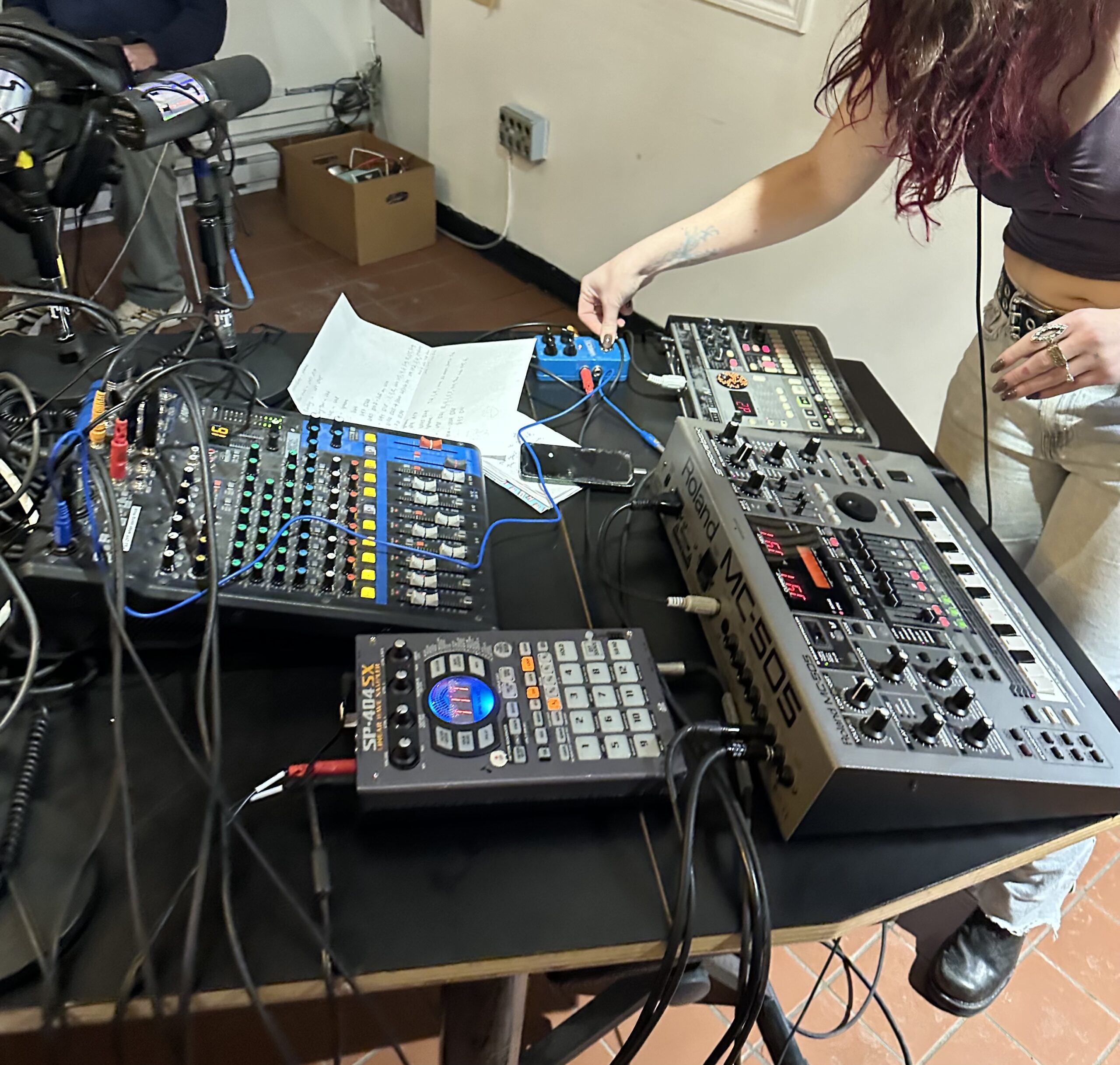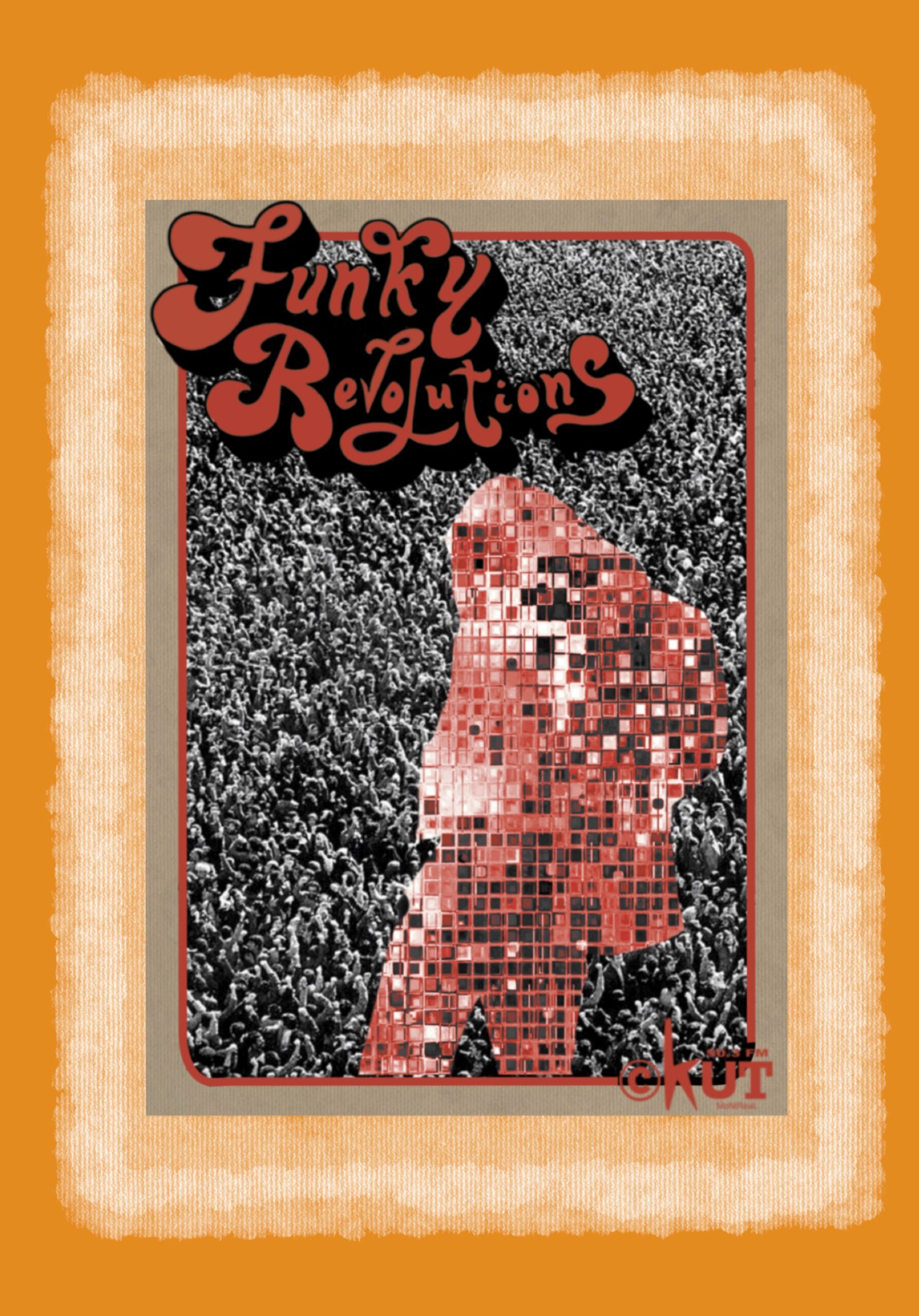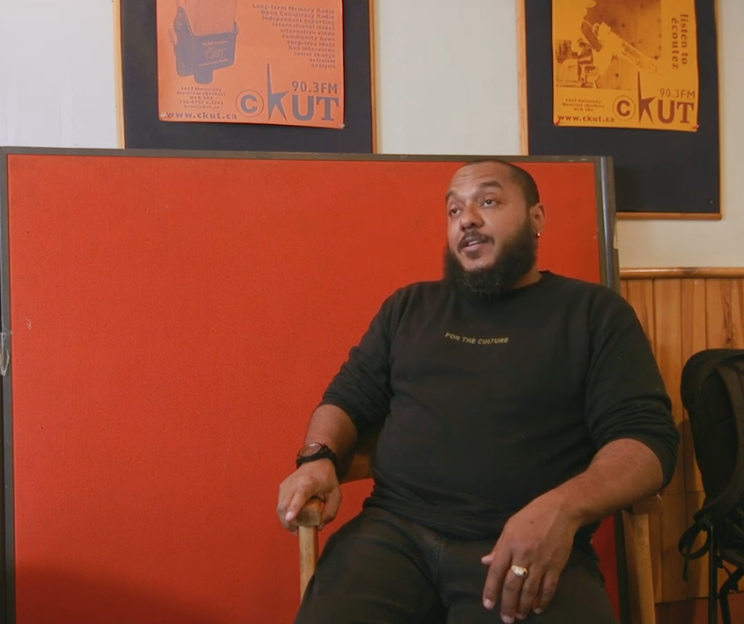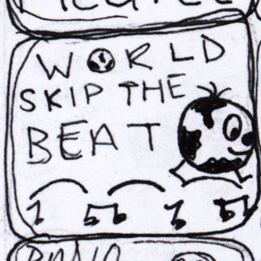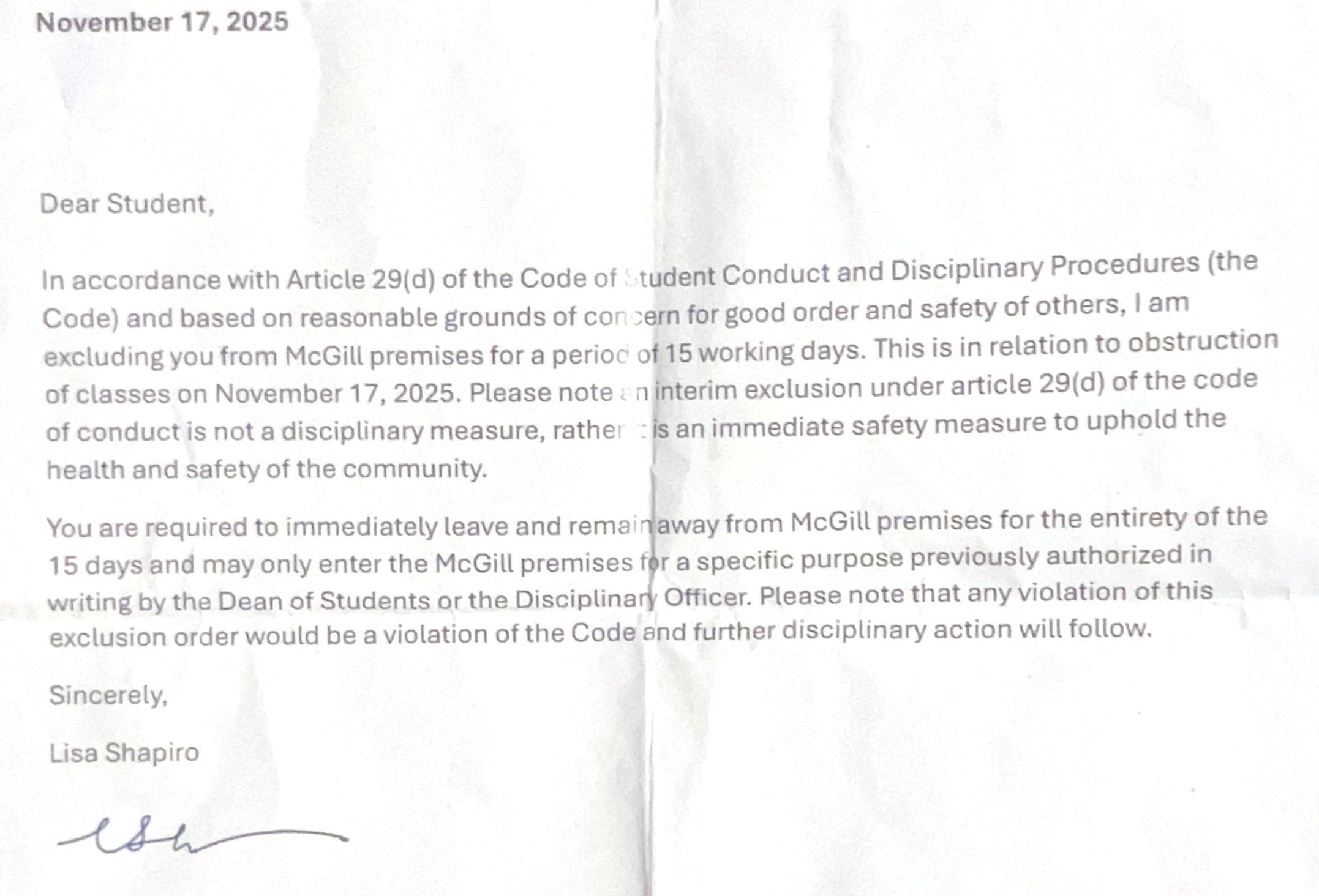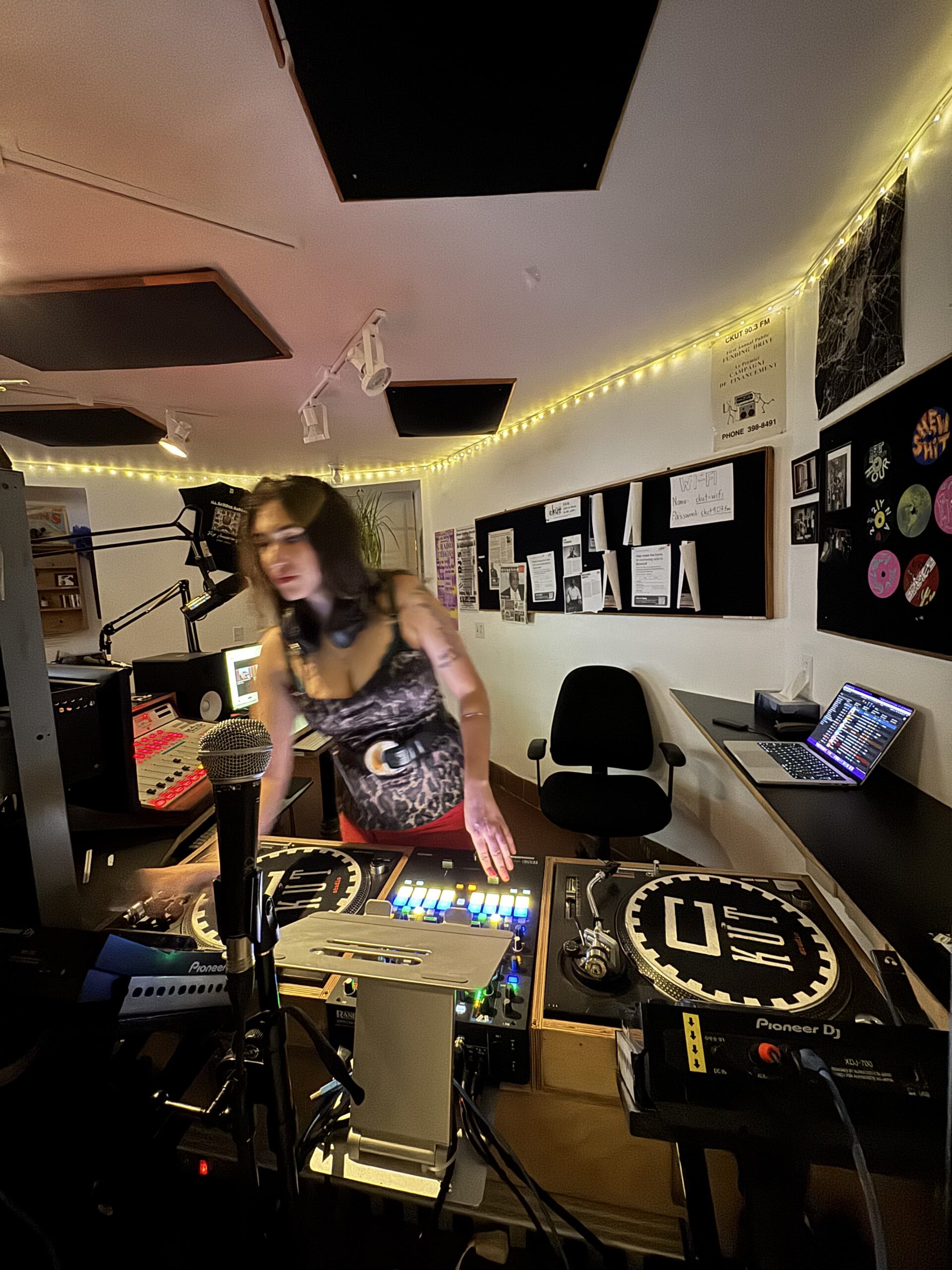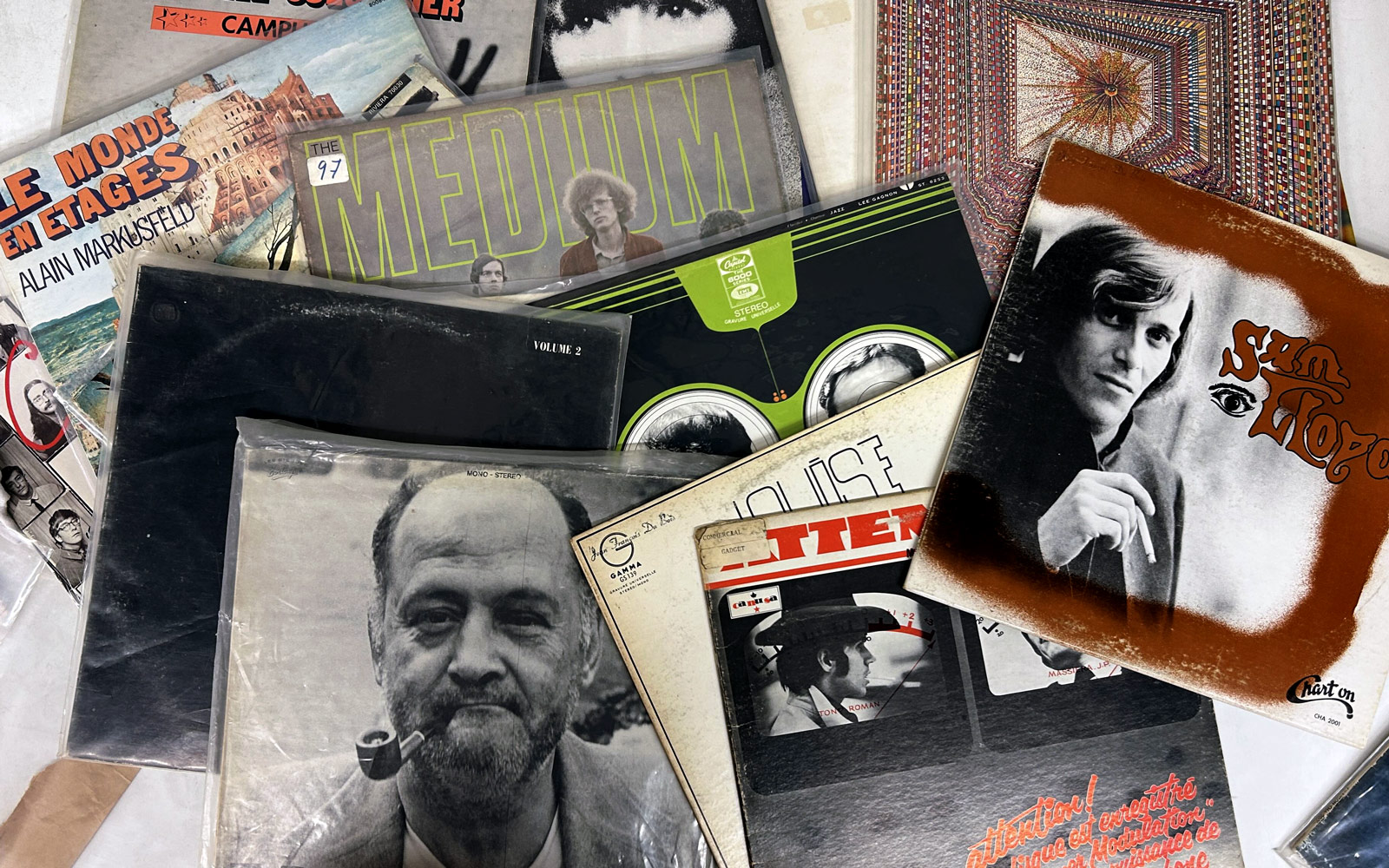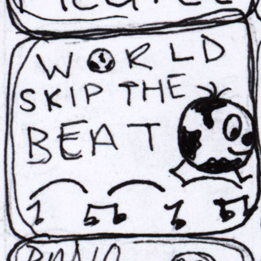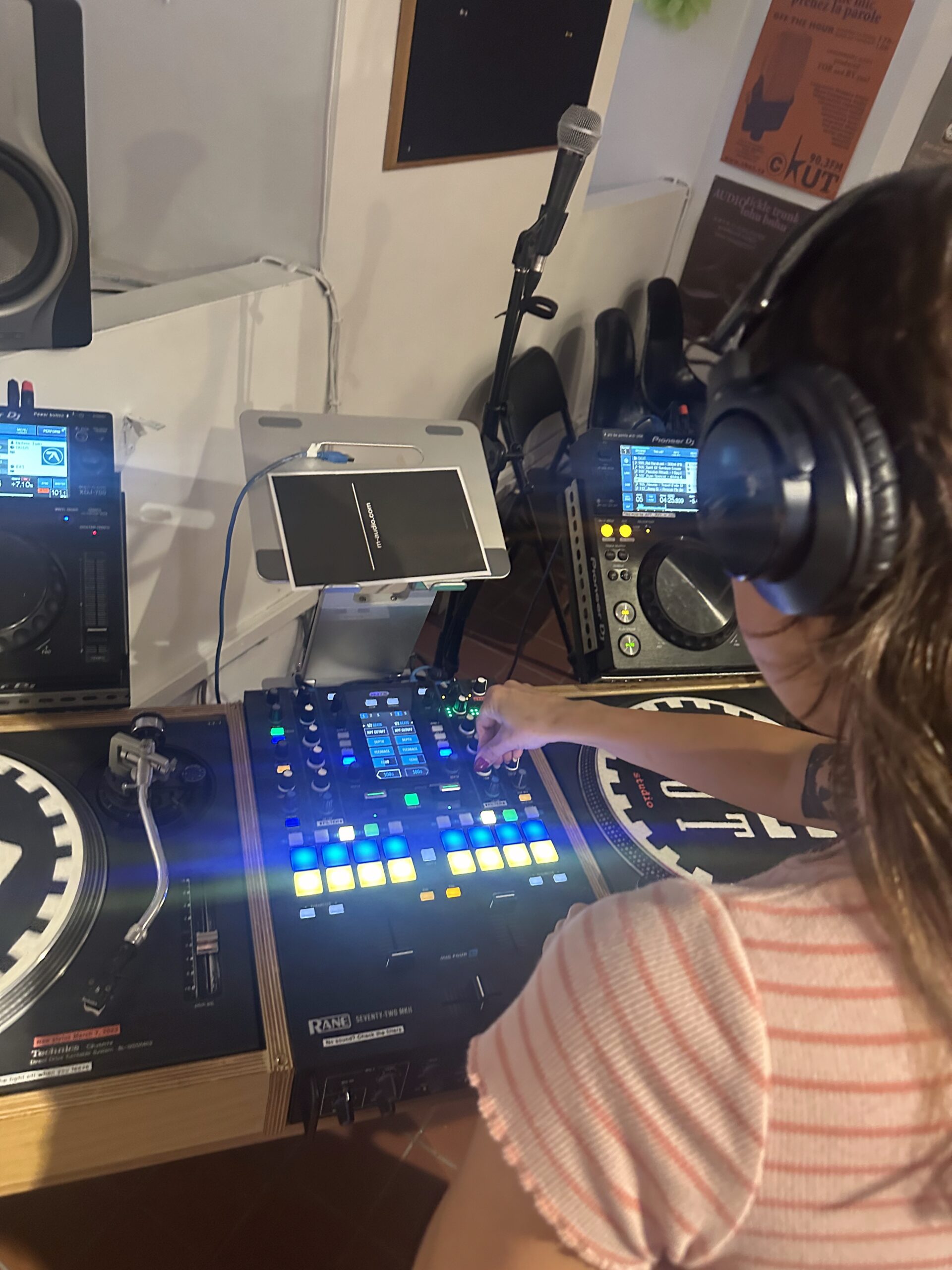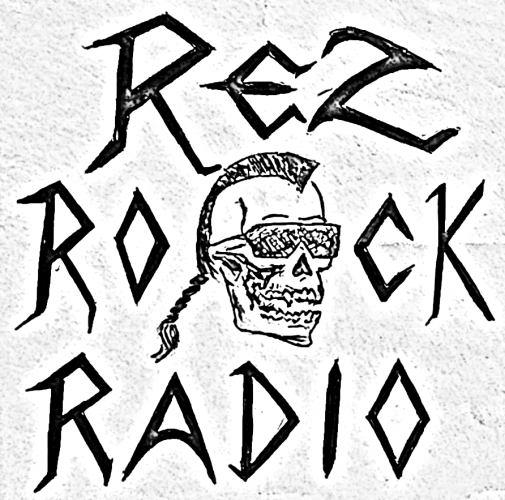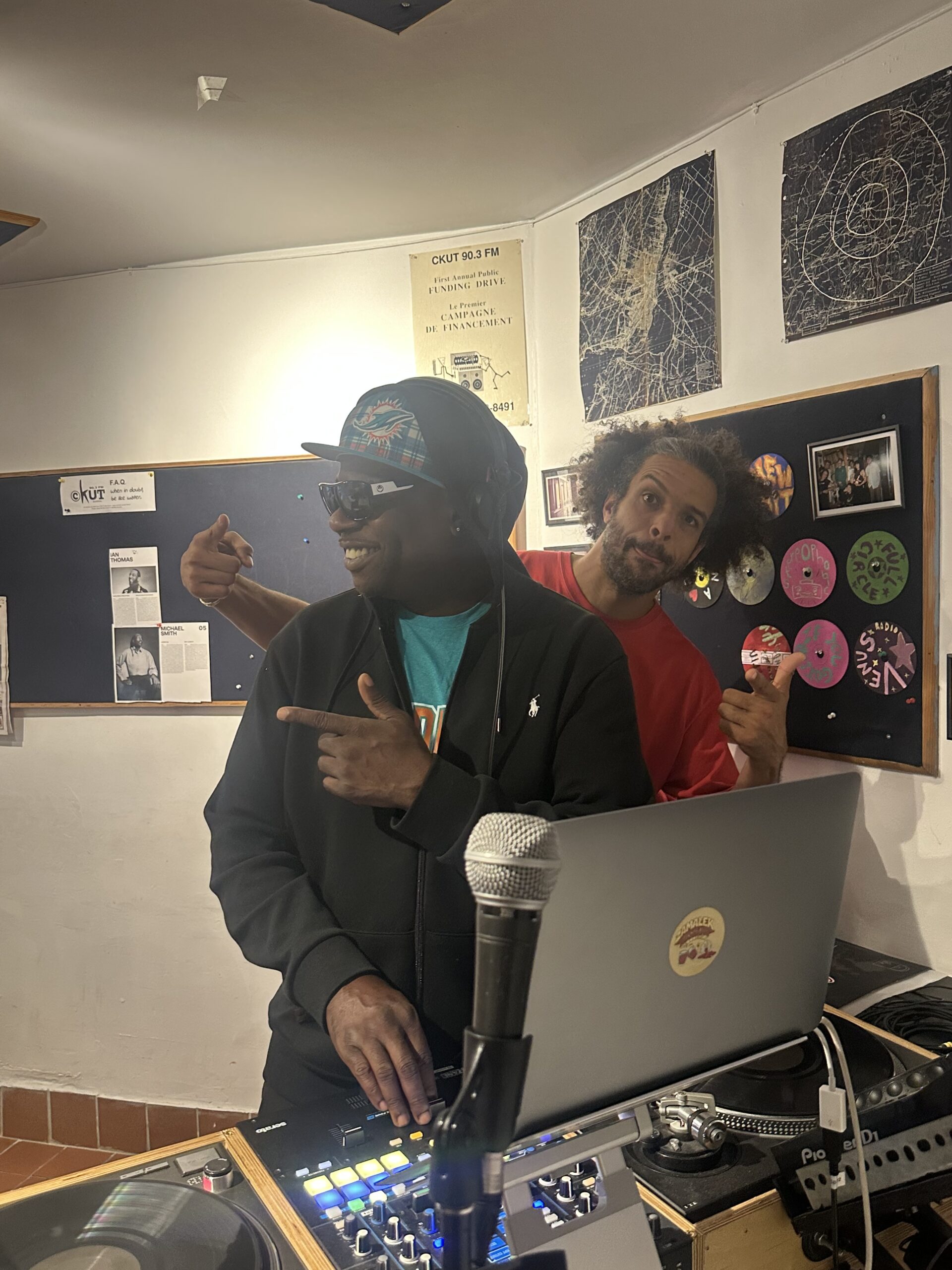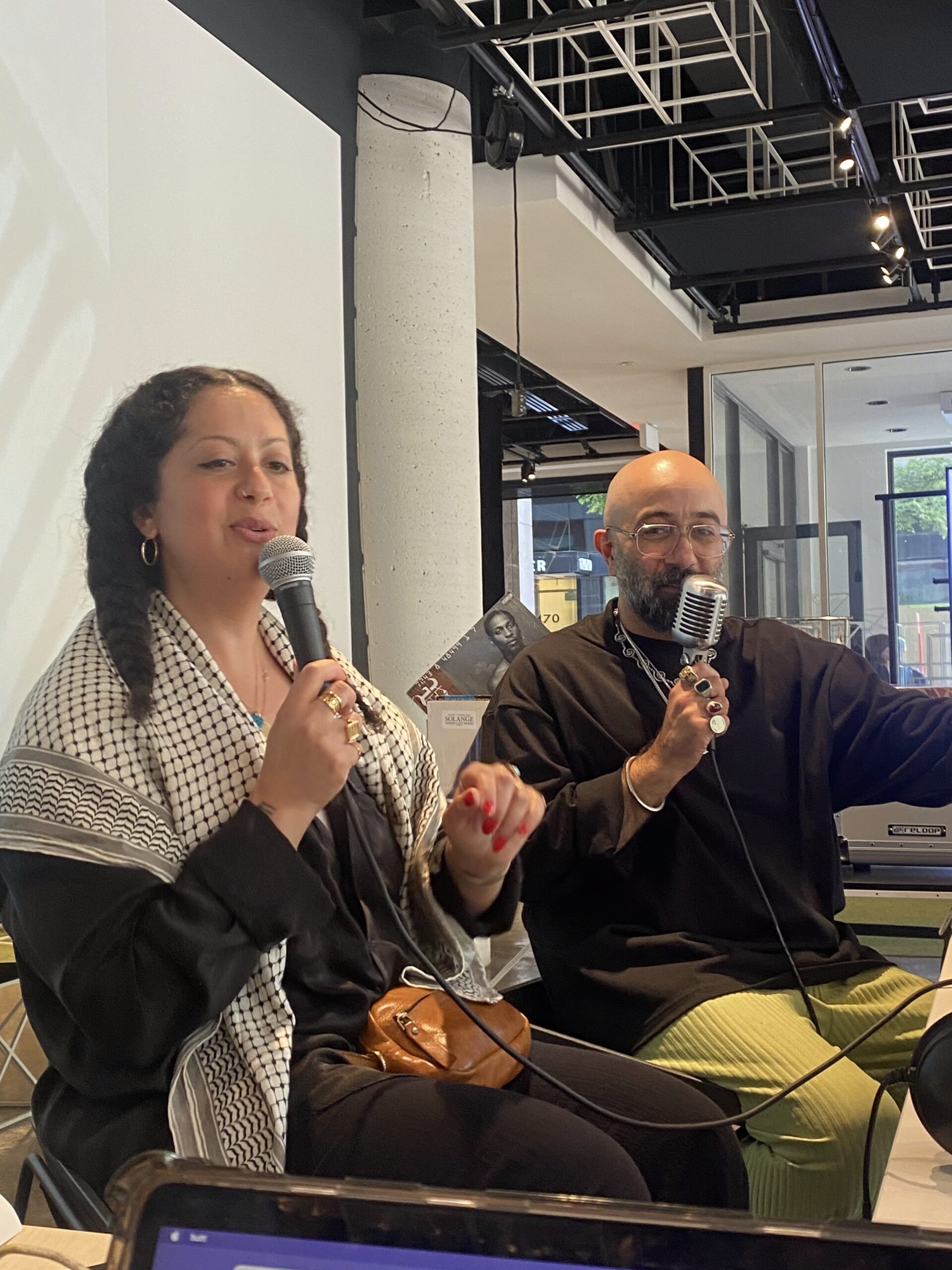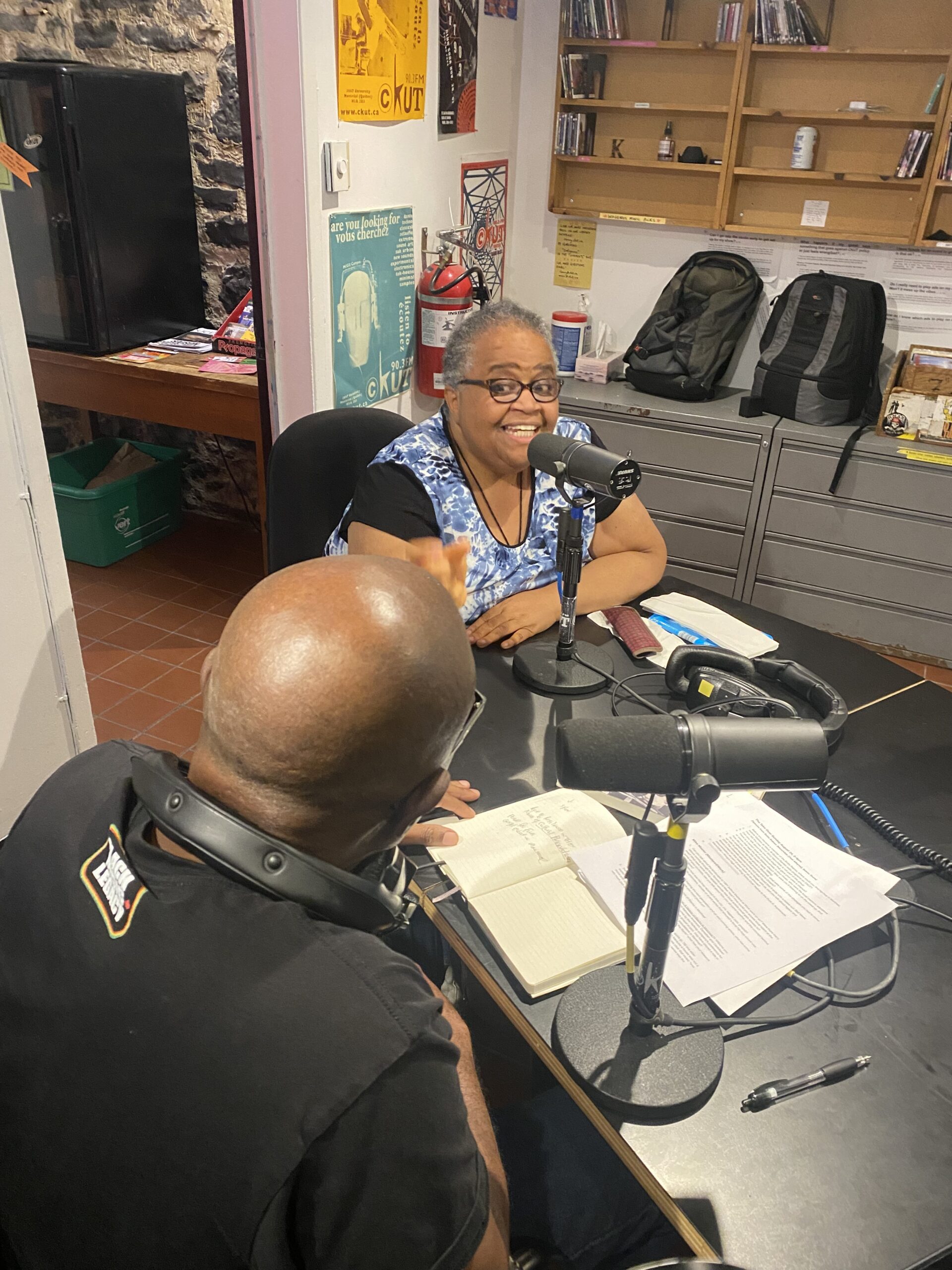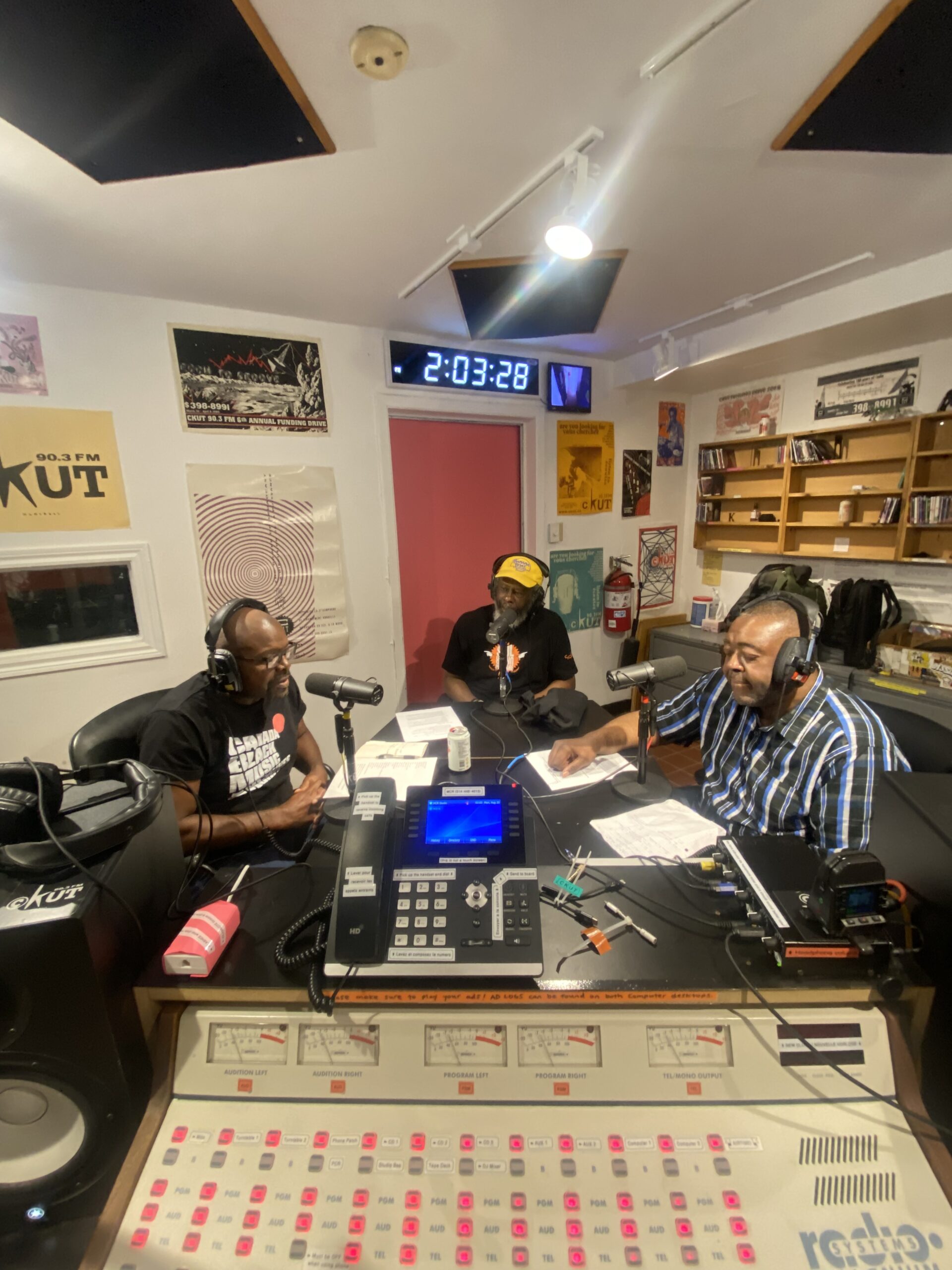Album Review: Body Breaks – Bad Trouble
By Jackson Palmer

While Body Break’s debut album is, at first listen, daunting and off-the-map, few bands rival its unique blend of catchy indie rock riffs and wry lyrics with non-Western microtonal experimentation. Recorded in multi-instrumentalist Matt LeGroulx and vocalist Julie Reich’s respective Montréal and Toronto bedrooms, Bad Trouble’s lean 21-minute runtime beguiles its deft melodical skill, focused songwriting, and perceptive self-analysis, not to mention the underlying DIY-ethos of the group, a fitting production style to accompany music about generational frustration, environmental waste, and self-doubt.
It’s hard to say exactly where on the indie spectrum Body Breaks exists, partially because they so clearly draw on towering inspirations, and partially because they truly do their own thing. On a few of Bad Trouble’s tracks, such as “Between the Heart and the Mind,” Le Groux’s angular guitar work combines with Reich’s multilayered and out-of-tune vocals in a way that harkens to Public Strain-era Women, while its title track seems to draw from the unpredictable energy of both Pavement and Palberta. But what makes Bad Trouble a work of its own is its fusion of weird garage rock with Balinese gamelan-inspired, non-Western tunings, the combination of which solidifies a focused and intentional musical statement of experimental rock which heavily flirts with noise and dissonance. Underlying each of Bad Trouble’s songs is a tight structure glued together with catchy hooks. As a result, every song has heft. The album runs like a centrifuge spinning on the verge of losing control.
While the tonal experimentation of Body Breaks is both novel and effective, I found myself wanting to hear more of the band’s lyrics, lost as they sometimes are in an inconsistent sea of reverb, such as on the track “Work for the Man.” In these instances, I can’t help but wish the vocals were mixed more clearly to make clear exactly is being sung. To be sure, Bad Trouble’s weight comes from its rawness, its strange mash of rock, folk, and pure mania, and many of the lyrics I can hear are good and fitting, though it is a slight dampen to the otherwise sharp lyricism present on the rest of the album. On my personal favourite, “Generation Y,” a pondering, immensely fuzzy anthem dedicated to feeling out of step with the world, Reich wonders: “Generation X, don’t ask why, stuck in the middle, but which generation am I?” On “Reality,” a song that fittingly sounds like a corpse being shocked to life with LeGroulx’s guitar, Reich pontificates on truth and falsity, wondering “how will we know if it’s real or fake? If it’s a dream or a memory?” The album’s vaguely Violent Femmes-esque closer, “Break the Icons Down,” a middle finger to the intrusion of technology into private life, repeats its simple mantra “I don’t ever wanna see your technology inside me” in a delivery that feels equal parts self-assured and yet drenched in cynicism. Body Breaks’ subtly romantic yearning for self-discovery and assurance seem far too sensitive for an album defined by pounding drums and wild melodies, but their ambitious themes and musical goals are done justice by each members’ unique understanding of how to both play by and denigrate the so-called musical rules.
Paradoxically breaking convention and yet using it to great effect, Body Break’s Bad Trouble is unique proof of the vast territory yet to be fully explored in the marriage of pop song structures with non-Western musical theory. Undergirded by idiosyncratic hooks and memorable experimentation, Body Break’s debut is a simultaneously cute and deeply pissed-off twenty-minute paean to individual exploration, self-reflection, and finding harmony in dissonance.
